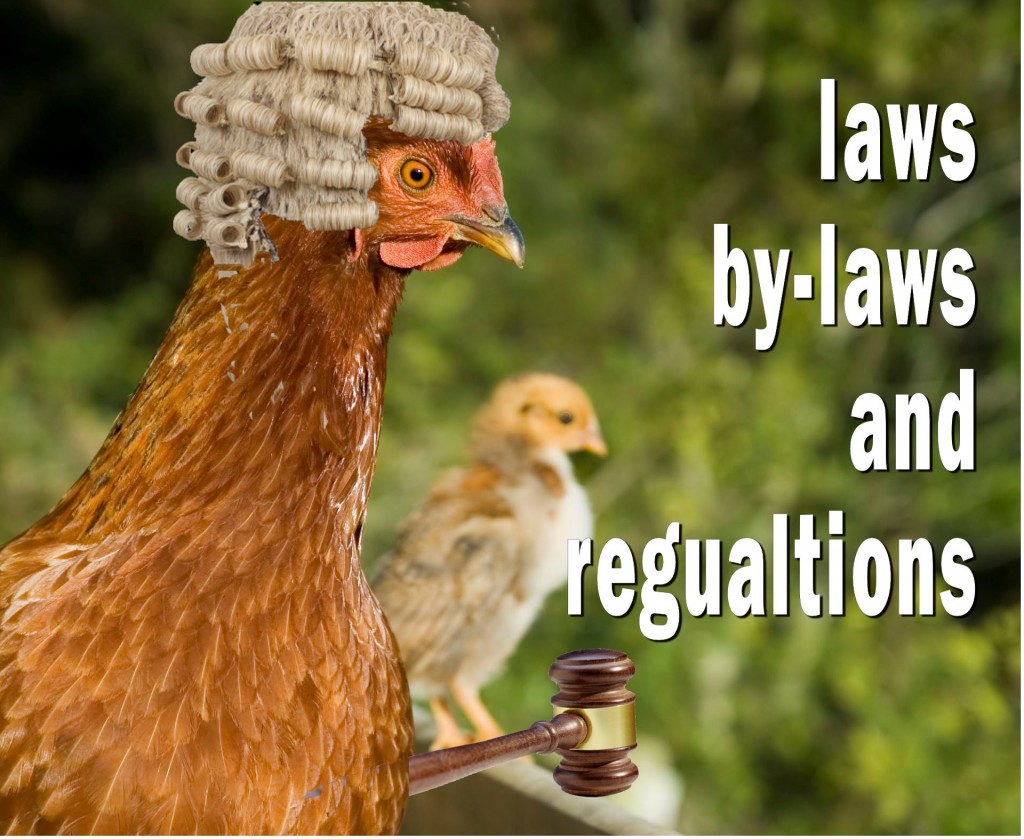 When considering keeping chickens most people wonder what the law says about keeping them at home, well, you’ll be pleased to find out that there are no laws or regulations in the UK which prevent you keeping small numbers of chickens, however, there are some regulations you must check first.
When considering keeping chickens most people wonder what the law says about keeping them at home, well, you’ll be pleased to find out that there are no laws or regulations in the UK which prevent you keeping small numbers of chickens, however, there are some regulations you must check first.
Legal regulations you should check before keeping chickens
- If you keep more than 50 chickens you must register with DEFRA.
- You should check with your local council to find out whether there are any local by-laws that prevent you from keeping livestock at your particular premises.
- At the same time, you should check your property deeds to make sure there are no covenants or restrictions that forbid you keeping livestock.
- If your home is owned by a housing association or local council, check that there isn’t a clause in your tenancy agreement to stop tenants from keeping chickens at their property.
- Although the are no laws or regulations about keeping chickens, there are very strict rules about selling eggs should you wish to do so.
If your property is free from these regulations, you should to be able to keep chickens; though some of your neighbours may complain to the council if you keep a noisy cockerel.
Code of Recommendations for the Welfare of Laying Hens
Anyone who keeps chickens in the UK should ensure that they follow the Code of recommendations for the Welfare of Laying Hens. This code says hens should have five freedoms:
1. Freedom from hunger and thirst by ready access to fresh water and a diet to maintain full health and vigour.
2. Freedom from discomfort by providing an appropriate environment, including shelter and a comfortable resting area.
3. Freedom from pain, injury or disease by prevention and rapid diagnosis and treatment.
4. Freedom to express natural behaviour by providing space, sufficient facilities and the company of the animals own kind.
5. Freedom from fear and distress by ensuring conditions and treatment to avoid mental suffering.
Make sure, therefore, that you have the necessary space, the time and inclination to look after your chickens over the long term and that you are registered with a vet. You will need to check your hens regularly and take necessary action if needed. You should follow good husbandry practice at all times.
The Prevention of Damage by Pests Act
If you are leaving animal food out in the open, it could attract other animals, including vermin. It’s important for your health and safety that you keep your animals and their outdoor space clean: and if you do get pests deal with them swiftly. The Prevention of Damage by Pests Act requires you to notify your local council of any infestation of pests and to control pests on your property at all times. If you don’t, the local authority can enforce you to do it, or even do it for you and then bill you for the cost.
Other Considerations
Although it’s not illegal to keep chickens in your garden if you have neighbours, it is only reasonable to make sure that your chickens cause as little disturbance for your neighbours as possible. There could be situations when your chickens become a public nuisance, for example if you let them roam freely and they manage to destroy your neighbour’s garden or disrupt traffic. Noise can be an issue with cockerels crowing very early in the morning during summer and vermin attracted to your chickens could be problematic for others living nearby. It’s only neighbourly and good manners to do your best to make sure these problems don’t occur.










